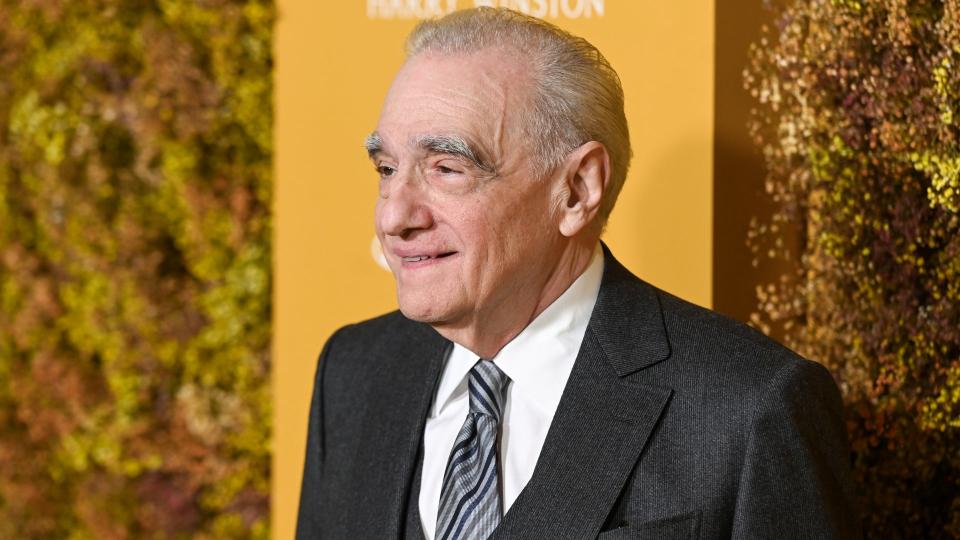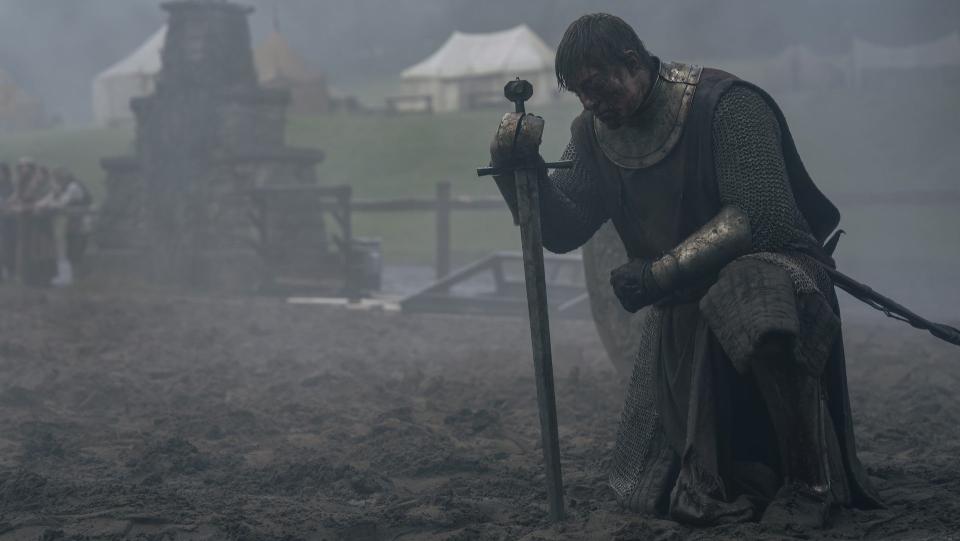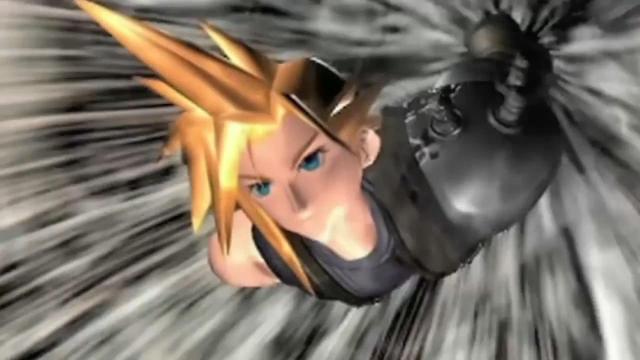Martin Scorsese's upcoming film "A Life of Jesus" looks set to be a significant departure from his past works, being touted as potentially the shortest film in his career with an estimated length of 80 minutes. Known for his lengthy cinematic epics like "The Irishman" and "Killers of the Flower Moon," the legendary director is taking a new turn by keeping this project concise. Aimed at a modern-day setting, the film promises to bring a fresh perspective to the narrative of Jesus Christ. "A Life of Jesus," adapted from the book by Shusaku Endo, aims to strip away the negative associations with organized religion and present the core teachings of Jesus in a clear and relatable format. Scorsese's personal connection to Catholicism and religious themes, evident from past productions like "Silence" and "The Last Temptation of Christ," may prove to give this film an introspective and authentic touch.
Will Martin Scorsese's film "A Life of Jesus" focus on sharing the religious message, and how will it appeal to modern audiences?
Scorsese's "A Life of Jesus" is set to convey the teachings of Jesus in a way that is accessible and avoids traditional proselytizing. By setting the plot in the present day, the film seeks to resonate with modern viewers looking for meaningful yet relatable content within a brisk runtime.
Martin Scorsese's relationship with religious themes is long-standing and personal. This journey is visible throughout several of his films that explore faith, belief, and the human condition from a religious standpoint. Scorsese's own background—a youth spent in religious education and briefly considering priesthood—often influences his work and thematic choices. "Silence" (2016), for instance, dealt with the tests of faith faced by Jesuit priests in Japan. Scorsese's films often challenge and explore the complexities of faith, making "A Life of Jesus" a potential continuation of this intriguing exploration.








Comments
No comments yet. Be the first to comment!